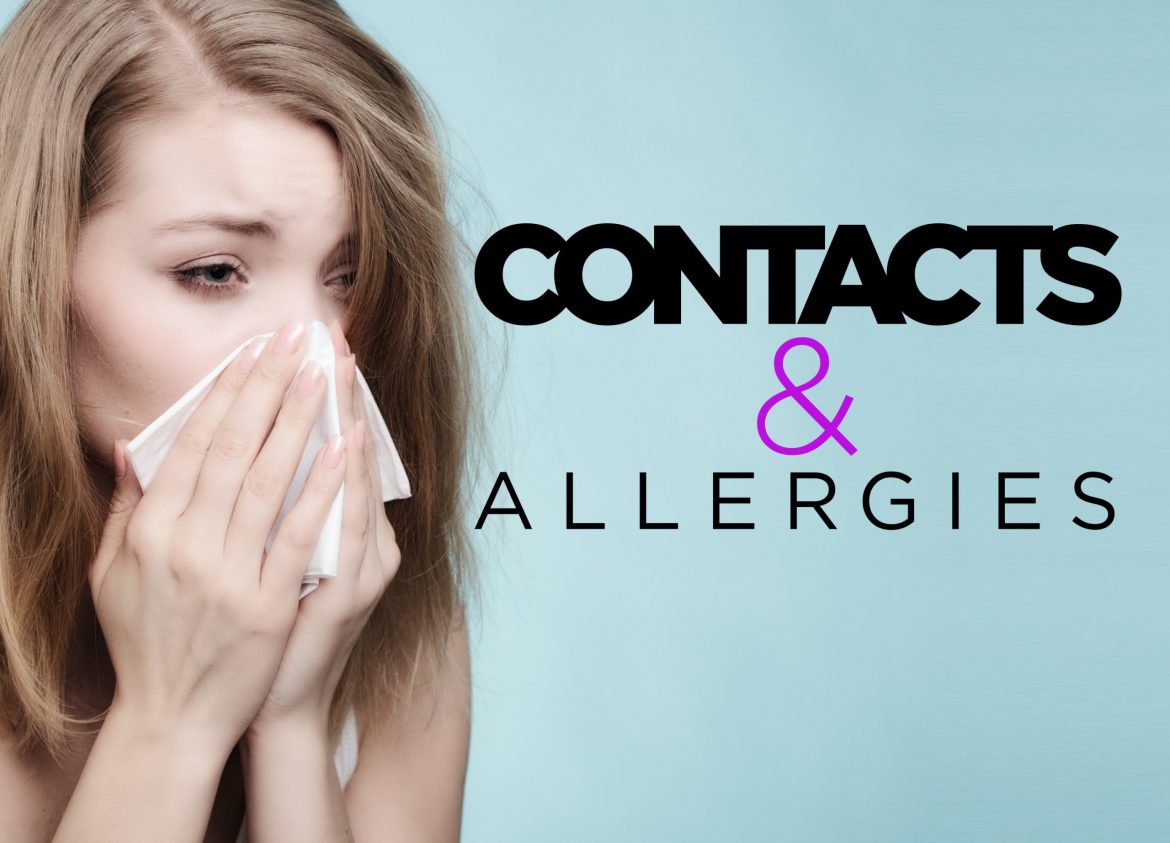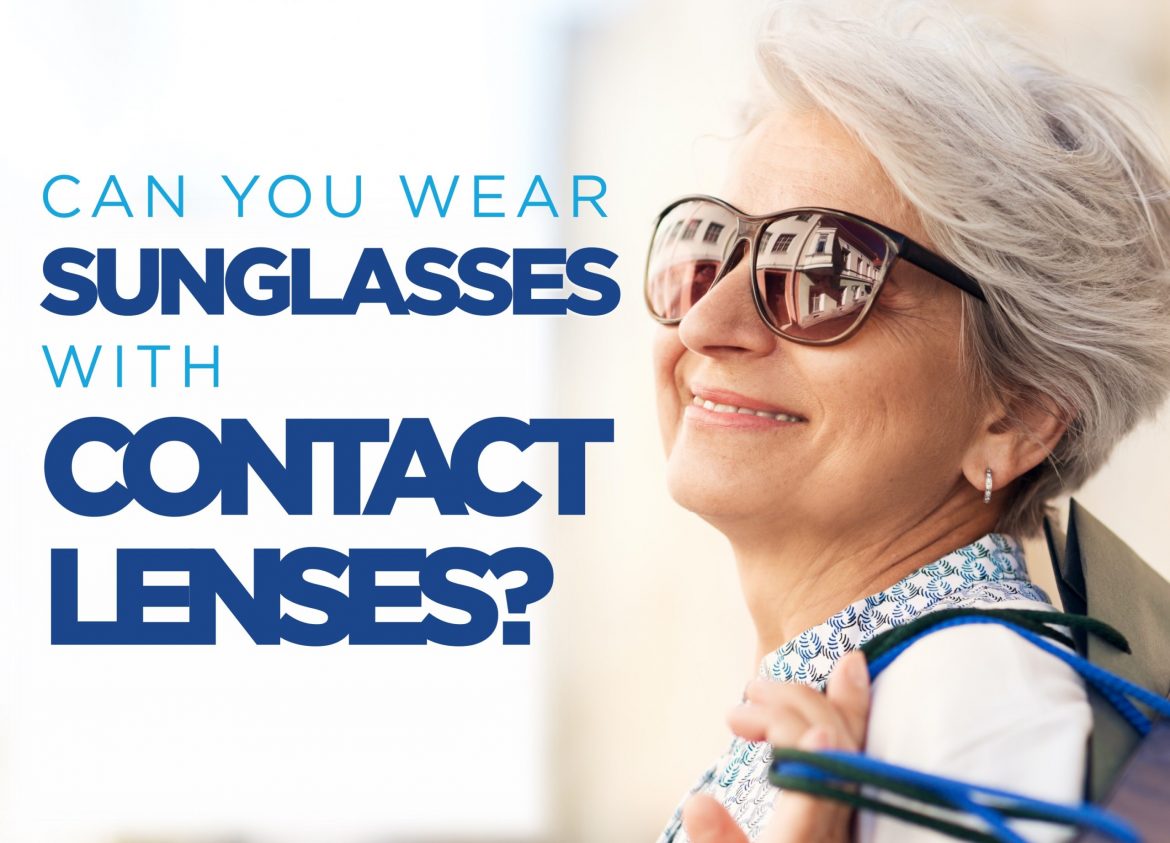![]()
Most people consider spring to be when allergy season strikes. Tree pollen hits hardest come early spring, but is then followed by grass pollen in the late spring, weed pollen in the summer, and ragweed pollen in the late summer and deep into fall.
And, according to Purvi Parikh, MD, an allergist and immunologist with Allergy & Asthma Network, it’s always allergy season because, in addition to lengthy pollen seasons, year-round offenders include dust mites, mold, and pet dander.
Allergies are especially hard on contact lens wearers
It’s bad enough you wake up and your eyes feel gritty, swollen, and itchy. Then you have to put in your contact lenses. Ouch.
According to the American Optometric Association, there are approximately 45 million contact lenses wearers in the United States. Many cease wearing contact lenses due to seasonal allergies. Some stop only temporarily, while others throw in the towel and give up on wearing contacts.
But you don’t have to. Understanding the symptoms and treatment options available can bring relief and help you weather allergy issues.










